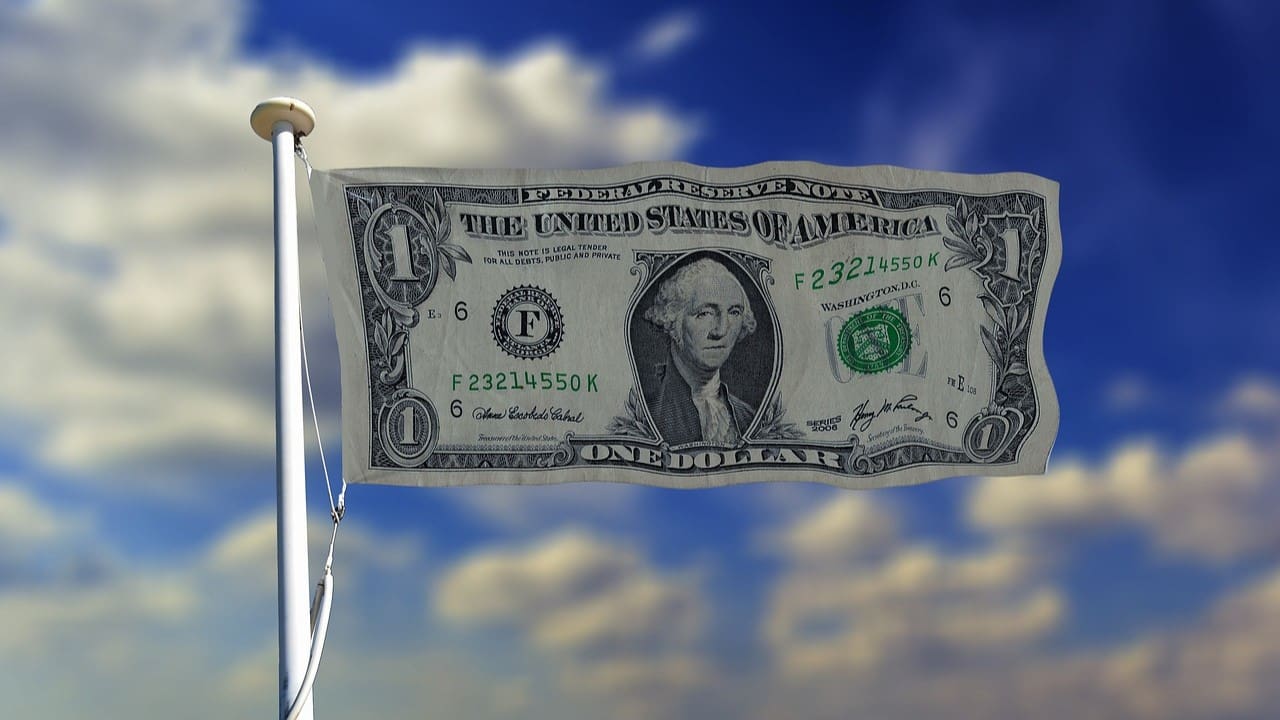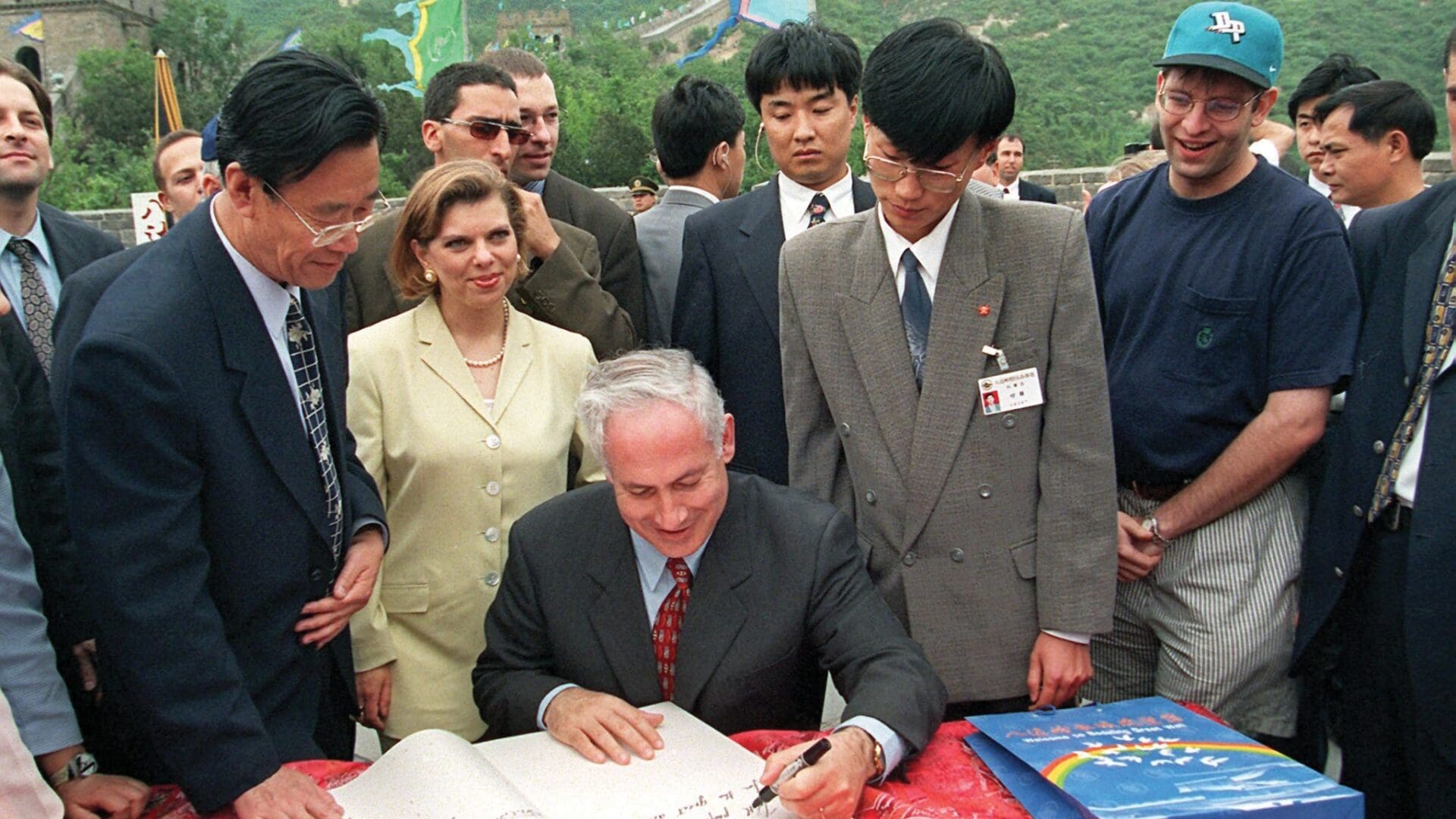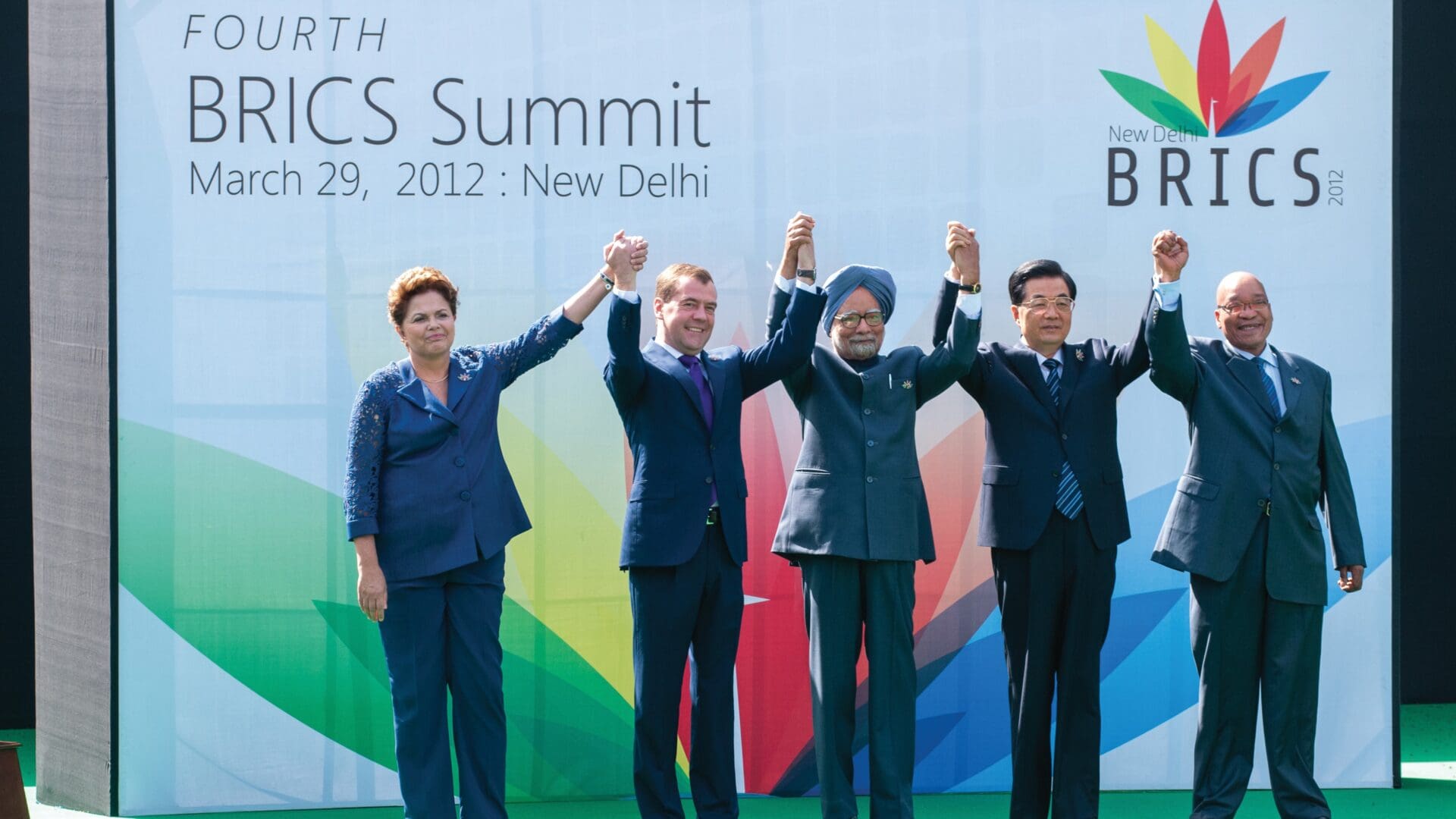
More von der Leyen, Less Popular Will — President of the European Commission Re-elected
On 18 July the European Parliament re-elected European Commission President Ursula von der Leyen with 401 votes in favour. In her speech before the vote, von der Leyen made numerous political promises for the next five years but also, of course, criticized Hungarian Prime Minister Viktor Orbán’s peace mission.









